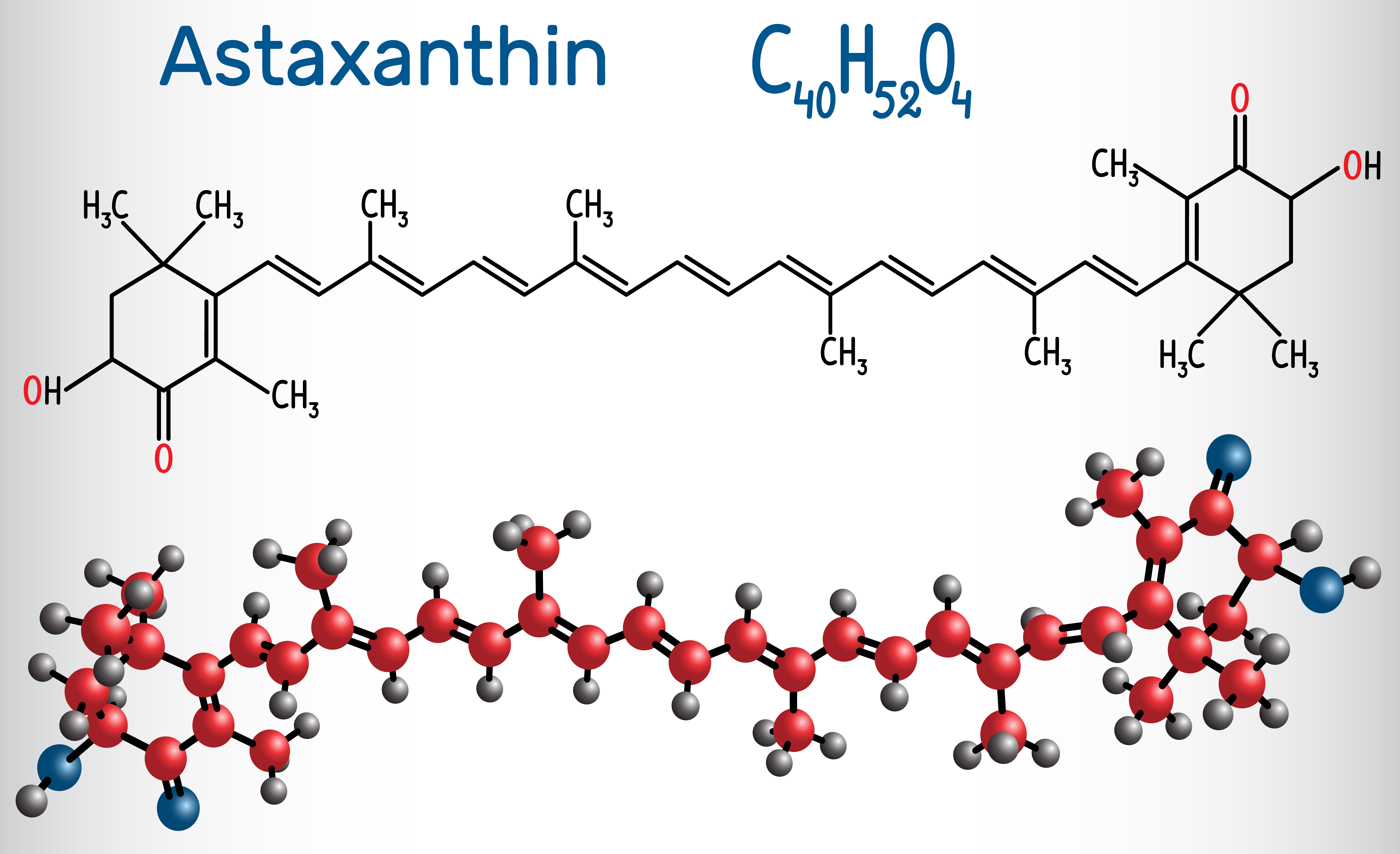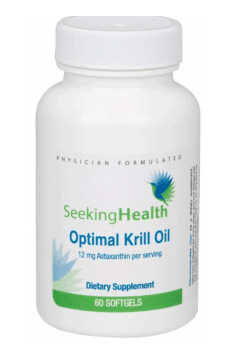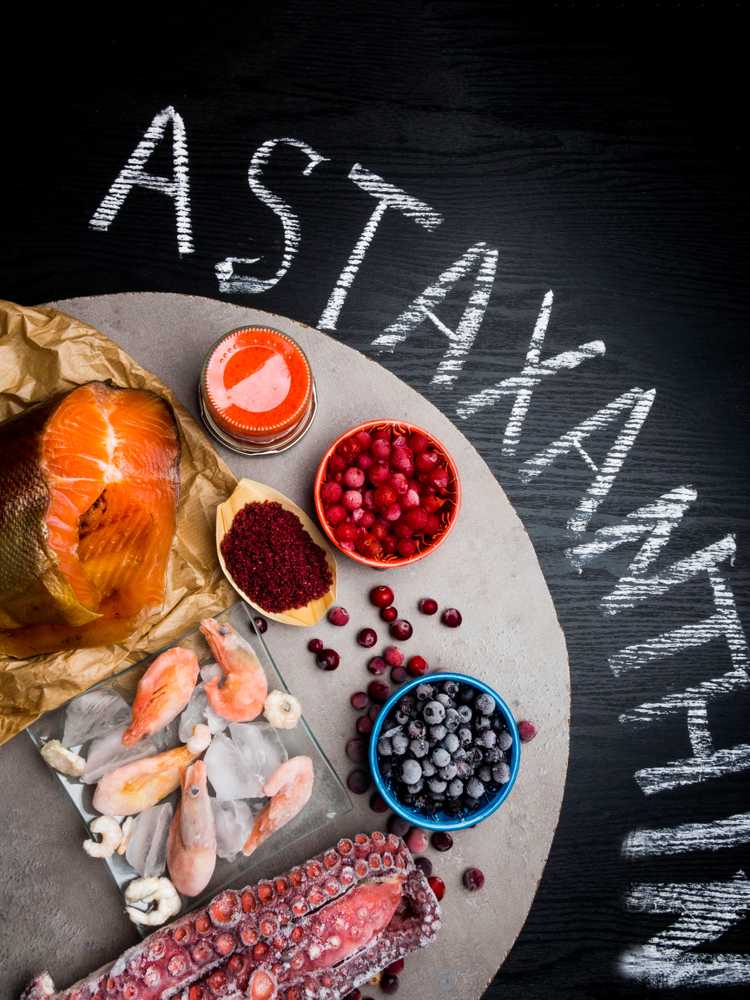We all want a magic pill to reverse the signs of ageing on our skin, but maybe there is something flamingos know that we aren’t so clued up on! Every new superfood claims to have a record level of antioxidants to guard against free radicals, but what does this mean and are they good for our skin? From vitamin C to flavonoids, each antioxidant has the power to protect our skin cells from stress, inflammation and sun damage. Astaxanthin is one of these antioxidants, a naturally occurring pigment in microalgae, giving animals who eat these algae their pink colour, such as flamingos and salmon.
Keeping skin looking young
Oxidative stress plays a key role in the ageing of skin both from within and from external stressors such as pollution and the sun, so it’s no surprise that antioxidants are so effective at protecting our delicate skin cells. Oxidative stress also degrades collagen and elastin, the proteins and connective tissues keeping our skin looking taut and firm.
Astaxanthin is highly effective at reducing oxidative stress in the body, shown to be 6000 times more powerful at mopping up free radicals than vitamin C!

Calming skin redness
Oxidative stress and an imbalance of dietary fats can also lead to chronic inflammation in the skin, causing damage and symptoms such as red itchy skin.
Astaxanthin has shown to inhibit gene expression of many inflammatory biomarkers such as TNF- α and IL-6 suggesting that it may help to calm red aggravated skin, reducing symptoms of inflammatory skin conditions such as eczema, rosacea, psoriasis and acne.

Natural sunscreen
It’s not just leathery skin that sun worshipers have to worry about, as the effects of the sun can also lead to mutations in DNA and a host of serious skin conditions. While a sun umbrella and a good slather of sun cream may a good idea, it’s not always the chosen option.
Is there another option? Taking an astaxanthin supplement may offer some form of protection from the harmful rays of the sun as it is ‘Photoprotective’ i.e. actually helps to improve DNA repair to reduce the risk of mutations.
Studies looking at the photoprotective effects of carotenoids have found that astaxanthin is a superior antioxidant, even when compared to beta carotene. One of its mechanisms may be its ability to reduce the inflammatory response of skin usually seen after UV exposure.
Supplementing with astaxanthin
Astaxanthin is often sourced from microalgae H. Pluvialis, the form often used to add to farmed salmon to give them their usual pink colour, and the same form found in human supplements.
A portion of salmon contains around 1 to 7 mg of astaxanthin, and a study looking at plasma levels found that after just 6 days of eating a 250g portion of salmon each day, levels became saturated. This suggests that just a few milligrams of astaxanthin each day would be plenty to obtain health benefits.
Astaxanthin is fat-soluble, therefore is best absorbed with fat. As both astaxanthin and fat are both naturally occurring together in salmon this makes it a great food source. Otherwise, astaxanthin supplements are best taken with a meal containing fat.






